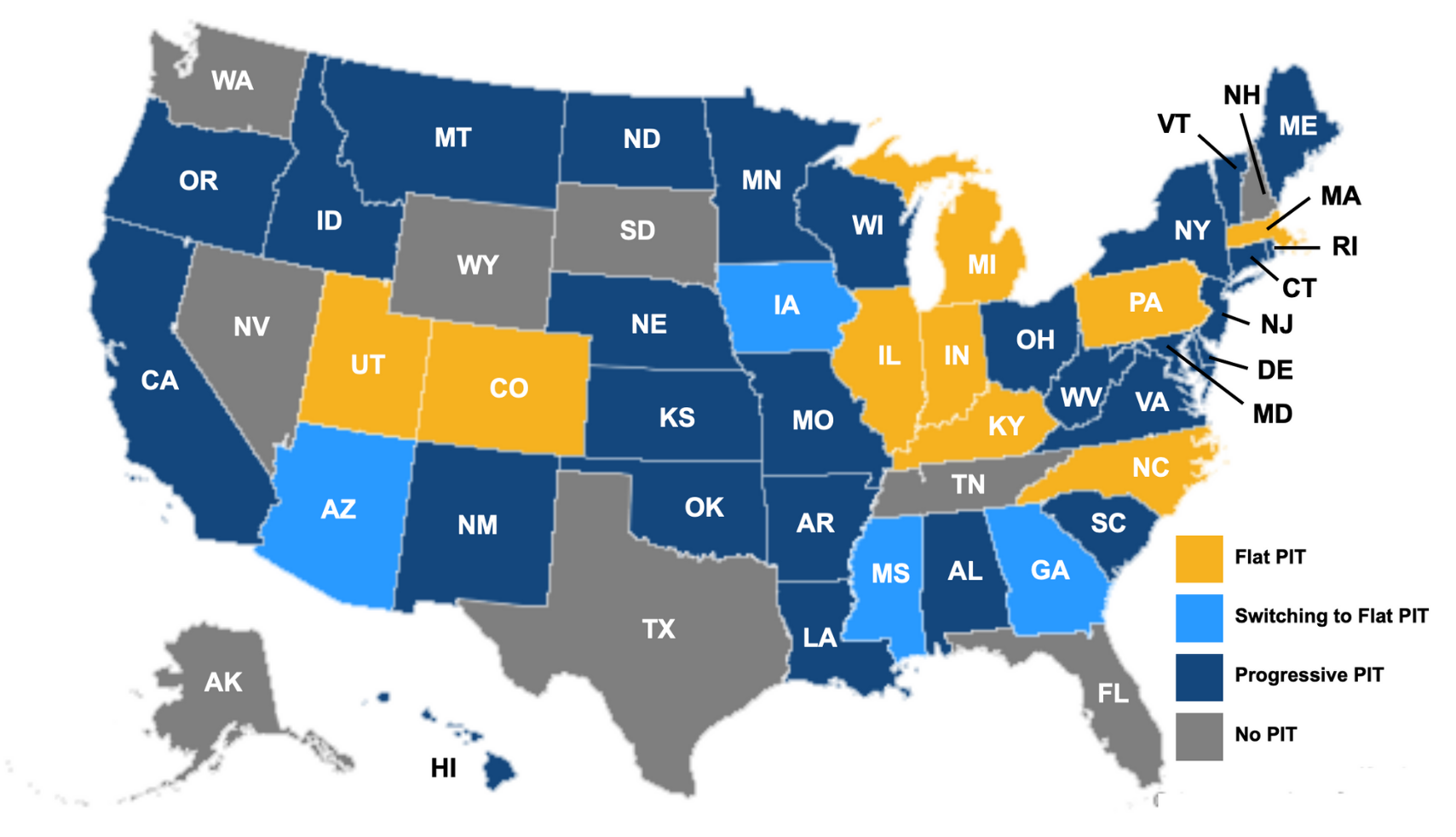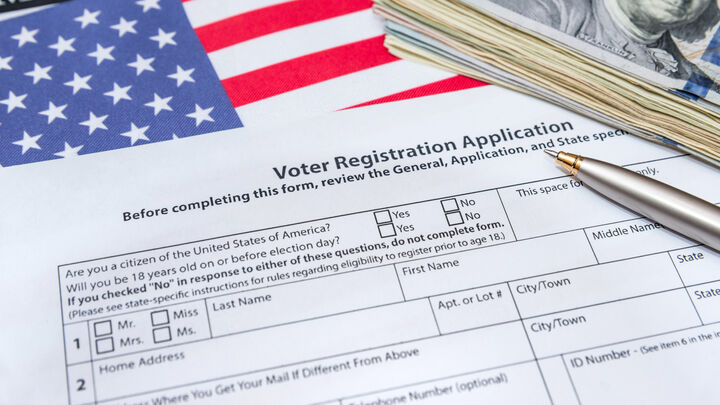Key Dates at a Glance:
- 4/15/24 – First day to circulate Nomination Signature forms
- 5/24/24 – Notification of non candidacy filing deadline
- 6/3/24 – due date to submit Nomination Papers,
- 6/3/24 – due date to submit declaration of candidacy, campaign registration statements, etc
- 6/6/24 – due date to submit Statement of Economic Interest
- 6/6/24 – Deadline to file challenges to nomination papers
- 8/13/24 – Partisan Primary Election
- 11/5/24 – General Election
Under “Partisan” is a candidate ballot checklist: https://elections.wi.gov/candidates/state-candidates#230548828-4243380867
Campaign To-Do Timeline
Pre-Campaign Launch
- Gather support from family and friends
- Write down or start a spreadsheet with your top 100 friends and family members. Include their phone numbers. Before you announce, call through the list to share your plans with them. If they pledge a campaign contribution, you can collect contributions after your launch. *NOTE: You cannot collect campaign contributions until you register as a candidate
- Recruit your Kitchen Cabinet (trusted advisors/doers)
- Treasurer (official position: opens your campaign account, manages balance, accounting and accountability!)
- Volunteer Coordinator (finds volunteers to help with campaign, assigns tasks)
- Yard Sign Coordinator (catalogs yard sign locations, coordinates assembly and delivery)
- Events Coordinator (finds events for you to attend, including fundraising opportunities. Also includes in-district/near district parades and coordinates campaign presence in them)
- Communications (this person is good with words, helping you craft messaging for lit pieces, mailers, social media, and public appearances)
- Analyze your district (last couple of election cycles)
- Consider doing a little research to see which wards had decent turnout for Republicans in recent elections. Those are likely the ones you will want to consider meeting people in first! Start here.
- What issues motivated voters?
- Is this a district friendly to conservatives or do you have an uphill battle? What’s the strategy? (P.S. The strategy is always to meet more voters!)
- Vet your opposition (Strengths, Weaknesses, Opportunities, Threats)If your opponent is an incumbent, find him or her here or here.
- Study the incumbent’s website and the “details” page for bills they’ve authored. Then go to the far right tab on the “details” page and click “votes” to see where they stand, and where you might be able to offer something better to the constituents of your district.
- Check your opponent’s social media accounts
- Vet yourself with the same level of scrutiny (or ask a trusted friend to do this for you)
- What have you said publicly?
- Google yourself. What comes up?
April 2 (Spring Election – local offices)
- VOTE in the spring elections! Don’t let your opponent make your not voting an issue. If you say you are getting serious enough about governance to get involved, make sure you vote in spring.
After April 2nd Election
- Announce your candidacy
- Name your campaign (called a “campaign committee”).
- Register your campaign by going here.
- Apply online for your campaign committee’s federal EIN. Start here.
- Open a bank account for your campaign.
- Raise money and keep good records.
- Now is the time to reconnect with those who pledged earlier to contribute financially.
- Know your contribution limits here.
- Do not accept cash
- If your Treasurer has any questions, contact WEC’s Campaign Finance team here.
April 15
- Begin collecting nomination signatures
- Assembly: Submit minimum of 200 and maximum of 400 nomination signatures
- Senate: Submit minimum of 400 and maximum of 800 nomination signatures
- Nomination paper template Here
- Make sure to read the instructions on the 2nd page here
- Note: You can not collect nomination signatures until you register as a candidate
- These elections are won at the doors
- The candidate must prioritize knocking on doors above all else
- Friends can knock on doors with you for support
- Call or email the 1848 Project to get set up with a mentor who can give you advice and encouragement
- Distribute your campaign Lit pieces
- Hand deliver at doors
- If hand delivering, remember mailboxes are off-limits (front door, paper box are fine)
- You can also pay to have literature mailed
- Prepare your Get Out the Vote strategy to knock all doors in your district
- If you have a primary, focus now on primary voters (Republican primary voters)
- Check when Absentee Ballots will be mailed and work that into your timeline
June 1
- Deadline to register your campaign committee by this date.
- Submit your Declaration of Candidacy to the Wisconsin Elections Commission by 5 p.m.
- Deadline to submit nomination signatures to the Wisconsin Elections Commission by 5 p.m. Nomination paper template above.
June 6
- Submit your Statement of Economic Interests form online.
August 13 (Primary Election)
- See points #13 – #15, above
Note: An 1848 Project Mentor can help you in determining which organization’s surveys to complete for endorsements as well as which invitations to accept for debates.
November 5 (General Election)
- Gather your supporters for an Election Night “Watch Party”
- Follow up with your supporters to tell them “Thank You” for their support during the campaign













